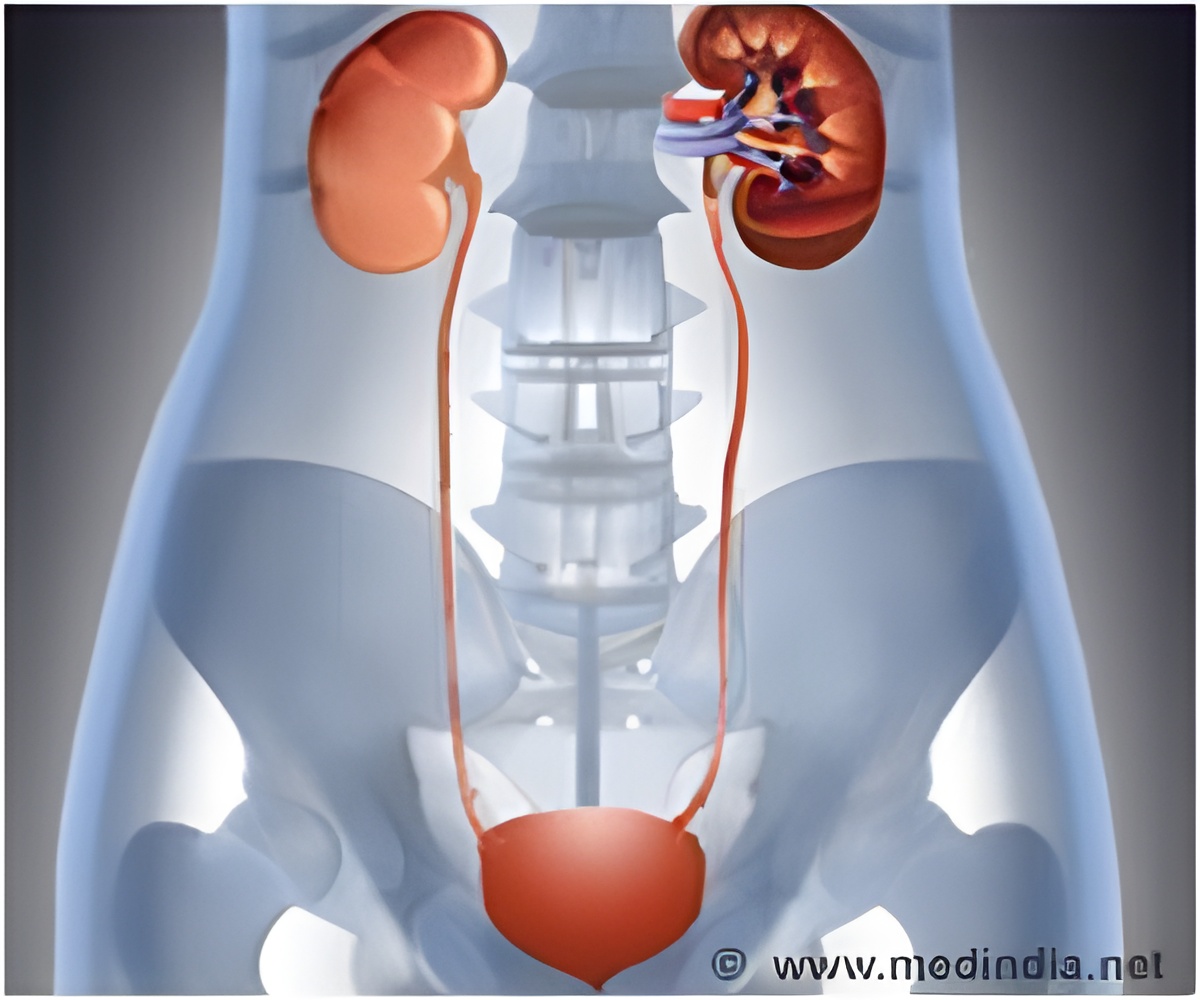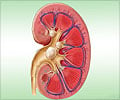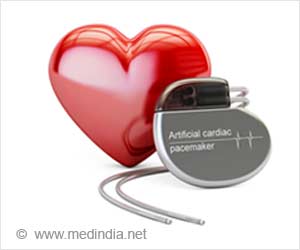Scientists were able to identify Escherichia coli - species known to cause urinary tract infections - within 70 minutes, directly from patients' urine samples.

"Our device works by loading a few microliters of a patient's urine sample into a tiny chip, which is then rotated with a high angular velocity so that any bacteria is guided by centrifugal force through microfluidic channels to a small chamber where 'V-cup capture units' collect it for optical investigation," explained Ulrich-Christian Schröder, a Ph.D. student at the Jena University Hospital and Leibniz Institute of Technology in Germany.
The team's concept then adds Raman spectroscopy to its centrifugal microfluidic platform. "Raman spectroscopy uses the way light interacts with matter to produce 'unique scattering,' the equivalent of a molecular fingerprint, which can then be used to identify the types of bacteria present," said Ute Neugebauer, group leader at the Jena University Hospital and Leibniz Institute of Technology. What exactly does the team's medical device detect?
"In our pilot study, we were able to identify Escherichia coli (more commonly known as E. coli) and Enterococcus faecalis - two species known to cause urinary tract infections - within 70 minutes, directly from patients' urine samples," said Schroder.
The study was published in the journal Biomicrofluidics.
Advertisement















